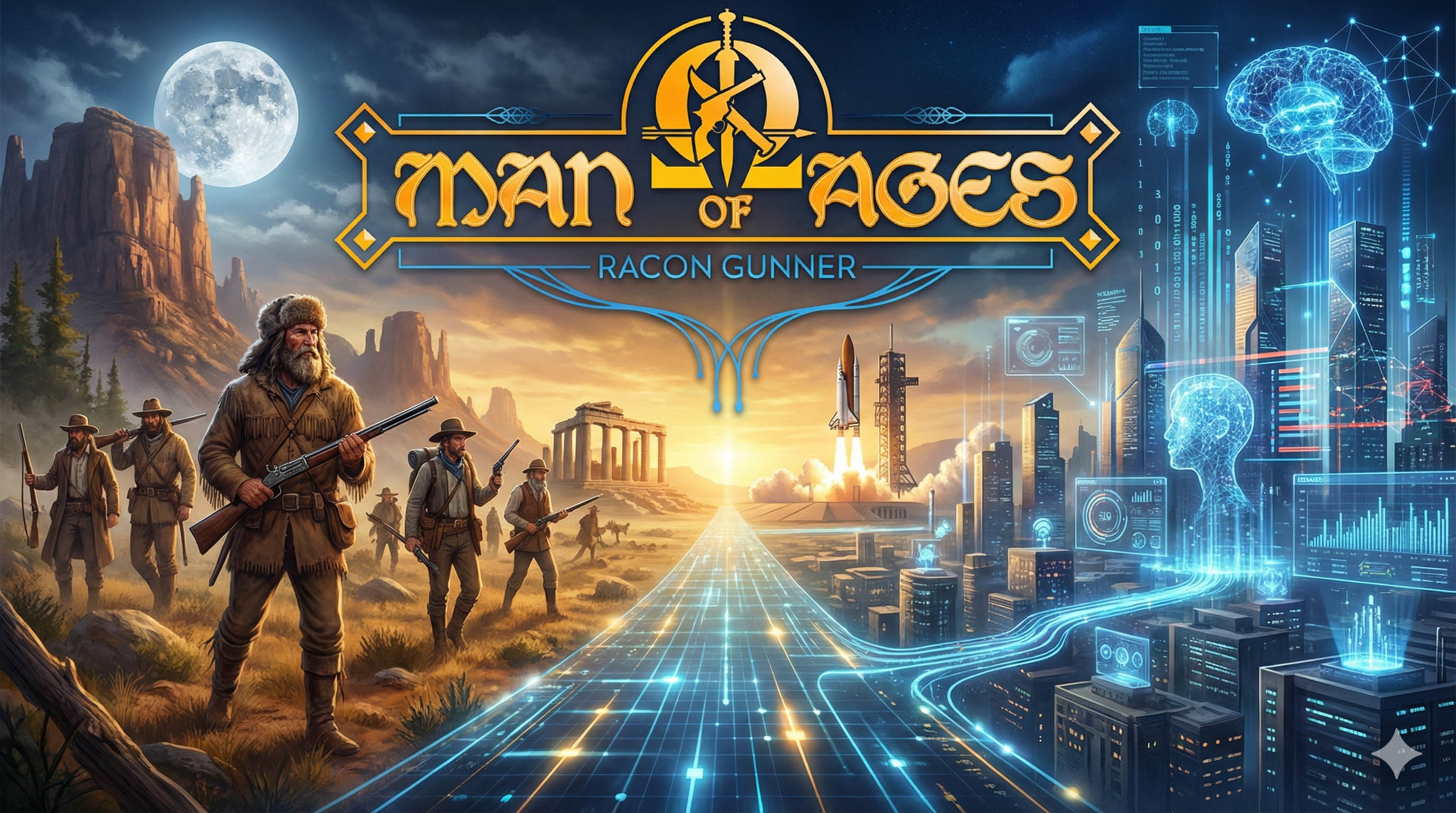
There’s a boy, maybe ten or twelve. He’s handed a film canister by his boss and told to deliver it to the theater by ten minutes to twelve. "Don’t be late!" he’s warned again and again.
What the boy doesn’t know is that the canister doesn’t hold a reel of film. It holds a bomb—and it’s set to go off at exactly noon.
He boards a bus, unaware of the danger in his hands. He’s paid for the errand, and like any boy with loose change, he takes his time. Buys some candy. Stops for ice cream. Wanders toward the parade route. A marching band passes, then elephants, then clowns. The minutes vanish like smoke.
We, the audience, know what's in the canister.
The clock tower chimes: fifteen minutes to go.
He misses his transfer. Waits for the next bus. Noon is almost here. Finally, he boards, the theater just blocks away. And then—boom. The bus erupts in fire, glass, screams. The boy and everyone on board are gone.
This is the core of Alfred Hitchcock’s method. It's not about what happens—it’s about when and how much the audience knows before it happens.
He said it himself:
“If you want to surprise the audience, you show a bomb going off under a table. That’s shock—it lasts a few seconds. But if you want suspense, you show the bomb first. Let the audience squirm while the characters talk about baseball.”
That’s the game: Suspense versus Shock.
Shock is a jump scare. A trapdoor. A mimic snapping shut.
Suspense is a slow burn. It’s dread, rising like a tide. It’s knowing what’s coming—and being powerless to stop it.
Think Rear Window. Jimmy Stewart helpless in his wheelchair as danger creeps toward him.
Think Psycho—we know Norman’s mother is a monster in the fruit cellar, and when someone starts heading down the steps, we can’t do anything but watch.
Think Inglourious Basterds—Landa, all smiles and small talk over a glass of milk, as we know there’s a Jewish family hiding beneath the floorboards.
Suspense weaponizes time, silence, and dramatic irony.
Now—how do we use that at the table?
The trick with tabletop is your players can act. They’re not passive like a film audience. So to create suspense, you have to be clever.
Give them a “bomb”—literal or metaphorical—and let it tick.
Set a countdown. Tie it to rounds, or minutes in-game. Tell the players something’s going to happen at a specific time—but don’t tell them if they’re already too late.
Let the world move around them as they scramble. Let them debate, bicker, or joke around—while the timer gets closer to zero.
Here’s what that might look like:
Now fill the scene with tension. Use silence. Use pacing. Let them see the danger but not quite reach it.
You can also leverage it emotionally.
Set an NPC the players care about in danger—but don’t make the danger immediate. Make it inevitable.
Suspense isn’t about immediate danger—it’s about *looming danger. The sword hanging by a thread above the feast. The whisper of footsteps outside the tent. The letter that never arrives.
And maybe that’s why every great Bond villain explains the plan before flipping the switch. The tension rises because we know what’s coming—and we still don’t know how (or if) the hero will survive.
Prompt for GMs:
Plant a “bomb” the players know is ticking. Then, let them talk about the weather.
Let them argue. Let them joke. Let them miss the signs.
And then—let it all go off.
Suspense isn't just a tool. It's a weapon.
Use it to keep your table on edge.
Use it to make them feel the moment before it even arrives.
That’s The Hitchcock Rule #2.
And it cuts deep.


